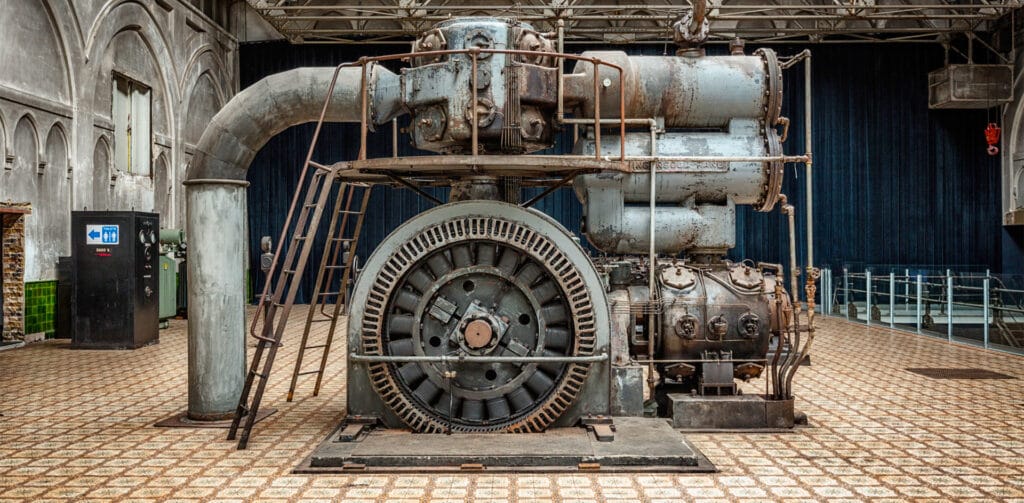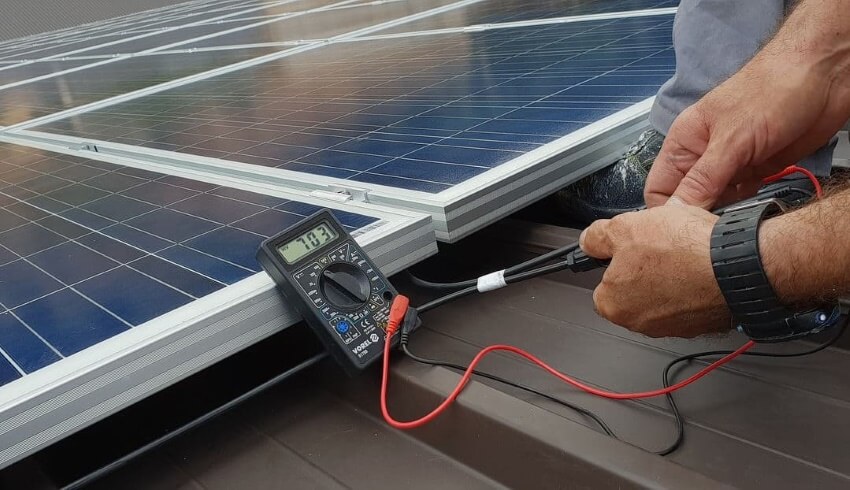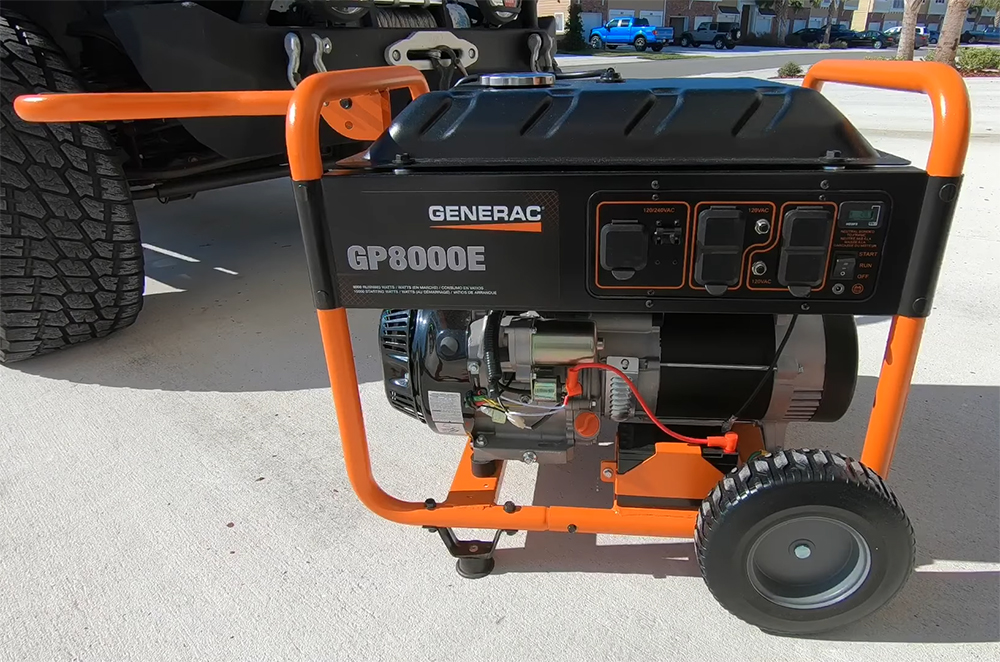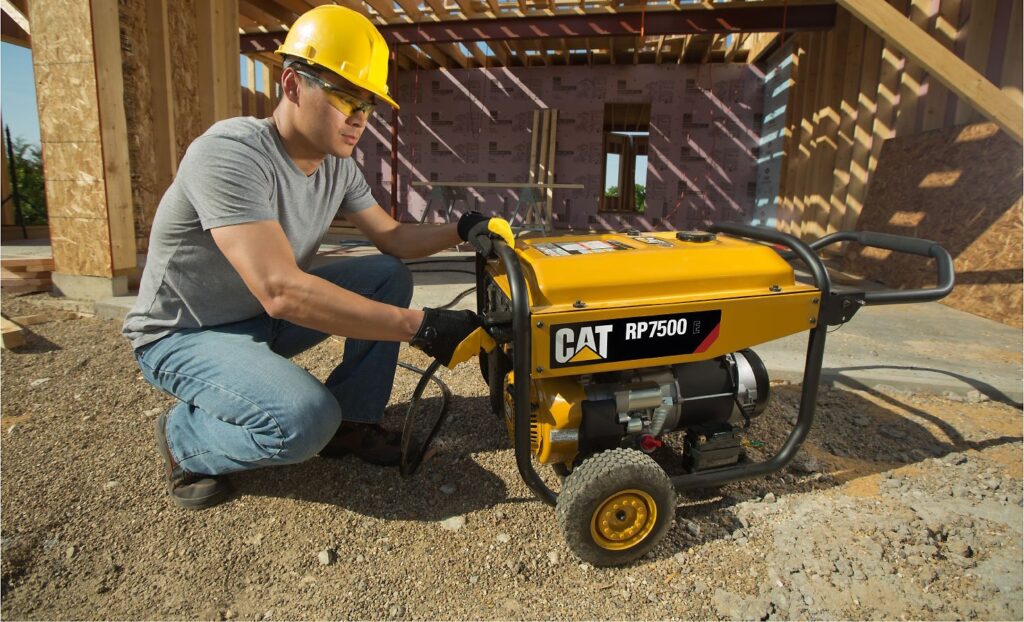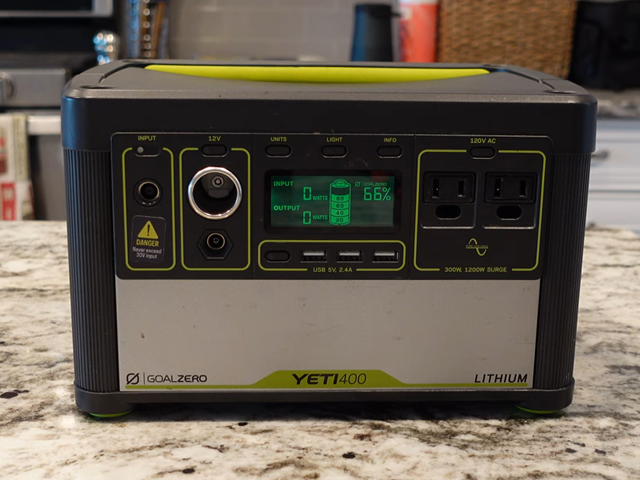
A big problem that most types of generators have is the noise they emit. If you can withstand the noise around your immediate facility, how about your neighbors or other campers who may be disturbed? Therefore, keeping noise pollution as low as possible may be what you want. First off, the first piece of advice is that you buy a generator that is as quiet as possible – like an inverter generator that emits noise less than 60 decibels.
But if you already have a generator that works like a lawnmower, this is where you need a generator silencer. Conventional generator silencers are tubes that are plugged into the generator’s exhaust to help eliminate the noise it emits. Another option is to make a soundproof generator box to isolate the noise. There are different ways to reduce generator noise, and this is what we are going to see here.
First, you need to know how noisy a typical generator is before thinking of the noise silencing option you can choose from. For the most part, portable open-frame conventional generators with up to 12,000-watt capacity work at about 70 to 110 decibels noise at around 23 feet away. Inverter generators have noise levels ranging from 50 to 60 decibels. Meanwhile, industrial generators that have a power range of 50 to 1,500 kilowatts can have a noise range between 85 to 105 dB, as loud as a jet engine at 1,000 feet in the sky.
The noise differences depend on the size and brand of each model, and you can even find generators below these decibels.
Quieter models are typically more expensive and can save you the trouble of having to silence the generator later on due to the noise it causes. However, not everyone has the budget for a powerful and quieter generator, such as a 6,000-watt inverter generator.
If you’ve ended up with a loud generator or you still want to reduce the noise of a 60dB generator, there are a lot of noise muffling options for you. Some of the best ones are explained below:
A generator muffler silencer is the best option, especially for big or industrial generators. It may not be the easiest method, but with it, you can muffle approximately 10–15 decibels.
Yes, you read that right. One of the solutions out there is to use an automotive muffler to muffle the sound coming out of the generator.
One of the most sold automotive mufflers online is the Walker Exhaust 22266 Exhaust Muffler. It has a design called Quiet-Flow which reduces noise level to the minimum. This type of muffler can reduce between 10-15 decibels.
The most common and popular way is to use a generator muffler to muffle the exhaust from your generator. This type of generator exhaust silencer is mounted on the exhaust and acts as a silencer, dampening part of the noise.
A typical example of a generator exhaust silencer is the Camco Gen-Turi Exhaust Venting System. Designed for RV generators, it works by reducing generator fumes and noise.
These mufflers can be purchased at Amazon or other specialized stores, although you can also create your own at home. In this case, you need to know how a muffler works first of all to allow a correct flow of the exhaust.
With an engine muffler, a little creativity, and a few tools, you can do it. But you need the correct pipes and fittings, which must be bent, welded, and mounted for a leak-free exhaust.
This takes quite a bit of skill, but it can be done without an expert and the results are very good.
You can achieve a great noise reduction by screwing on the automotive muffler with some clamps and flexible exhaust pipes. Although it is not as effective as welding the pipe.
Yes, as mentioned earlier, you can muffle approximately 10–15 decibels from the noise of your generator.
If you want to take it one more level, you can build a real box for the generator. For this, you will need plywood and put it around the generator.
To do it in the best possible way, the idea is to build a box around the generator to leave the noise inside. Plywood is fairly inexpensive, and five or six boards will suffice.
This will allow the noise inside the box to be contained and very little to come out. In addition, wood is a great material to isolate noise acoustically.
If you want, you can also buy ready-made boxes, with some that have a built-in fan to help with the airflow.
For this, you can use plywood or other soundproof materials such as foam. Once you have them, build the box with a door to open and close and have access to the generator.
Remember to make holes for cables or whatever you need to come out of it. Wood is a good soundproof material, so if you have access to it, it makes an efficient soundproofing box.
With all of this in mind, you can add soundproof material inside the walls of the box to further insulate and lower the decibels of the generator. With foam panels or another material, it will be enough to add the finishing touch.
With some plywood boards and foam, the sound can be reduced by up to 10 decibels if done correctly.
Remember to add some airflow to avoid overheating and damaging the generator. There must be an outlet for the exhaust pipe. Good airflow is essential to keep it in good condition.
If you don’t want to spend money, time or effort on permanent solutions above, you can use one of the ways below to make your generator quieter.
The water bucket trick might seem complicated at first, however, the physics are pretty straightforward. Many Internet resources will inform you that you can connect a generator silencer pipe to the exhaust pipe. Then you can place the opposite end of the pipe in a bucket of water, and that’s it.
By directing the noise underwater, the noise wouldn’t disturb anybody.
Nonetheless, you need to be careful and make sure that water does not flow through the pipe to the generator.
Locate the highest point along the pipe, which will likely be at the edge of the bucket. After that, drill a small hole in the pipe to allow water to escape as it begins to rise.
Nevertheless, you can make sure that this does not happen by simply placing the generator on a higher stage.
The next thing you can do to relieve some of the sound produced by your generator is to reduce the vibrations it produces. So if you are camping or using your generator in your home, you don’t need to place it on cement or a plank of wood. In reality, it is best to avoid hard surfaces altogether.
Instead, keep the system on the ground so that the vibrations are absorbed by the ground. As an alternative, you can install an anti-vibration mat under the generator.
If your generator overheats easily, you will need to stick it with rubber mats or foams. However, when it doesn’t and you have to improvise, a classic blanket or piece of clothing can work.
Now that we have seen how to lower the noise, we are going to see some final tips on aspects that are not always taken into account, but that serve to keep the sound levels lower. Maybe you already applied some of them, but you’ll find some tips that will work for you.
Sound is said to travel slower in an empty space. So, make sure the generator’s exhaust is not facing any solid material. However, making it difficult or trying to divert the sound coming out of the generator is very important to reduce it. Try to use your environment to divert the sound to other places that there is no one or does not affect as much.
Look for the sound to go directly to places that are more soundless, and you will see how the sound does not reach as much. One of the best ways is to have it installed in the back of your house if you have it.
You have to think about the noise coming out of the exhaust, which means that it is the main focus of the noise. This can give you an idea of what to do to try to reduce the sound. Keeping the exhaust pipe away from windows or places that have no barriers can make a difference.
Having the generator out of the way or in a more closed and protected place is a very good way so that the sound does not spread and reach others. Just having the exhaust pointing in a direction other than your home can make a difference. Sound waves travel faster when you point them directly at home.
We talked about building a box before, but if you have a room or closed place to put it, this may be the best way to silence it. Having a place with thick and robust walls will allow you to have the generator isolated and hardly notice its noise.
If you keep it away and closed in a room or something similar to a box, it may be the difference you need.
If you don’t have a generator yet or your current model is quite old, consider getting a high-quality one. We know that no one is happy to spend more money than usual, but if later you are going to have to waste money and your time to manage its noise, it may be worth investing in a somewhat quieter generator. Inverter generators may be more expensive, but they are safer on your electronics and are quieter.
A generator is not something that only makes noise from time to time. When in use, the noise is constant. This type of sound is one of the most annoying that can be experienced. You constantly hear the same noise, and it’s not just you. Your neighbors will also be disturbed.
Using it frequently can cause a strain in relationships with neighbors or family members if you don’t know how to silence it correctly and prevent the sound from spreading. For this reason, it is important to know how to silence the portable generator. A generator silencer – whether it’s a box, muffler, or a damping mat – will help you reduce 10 to 15dB out of the noise output.
